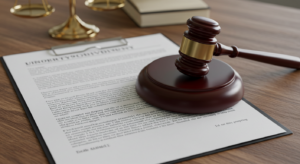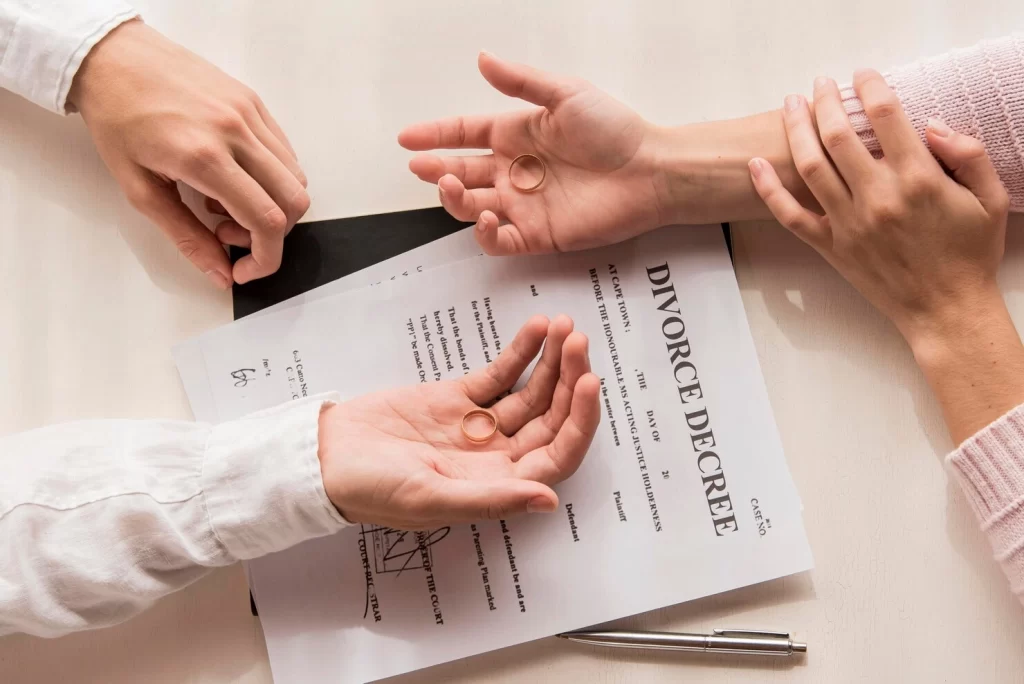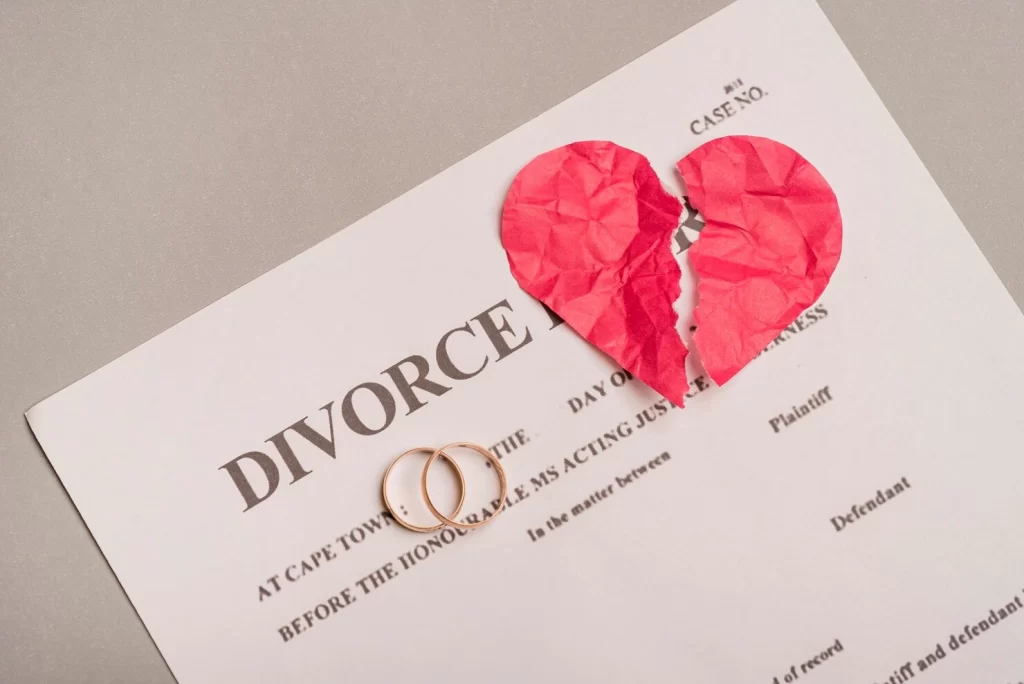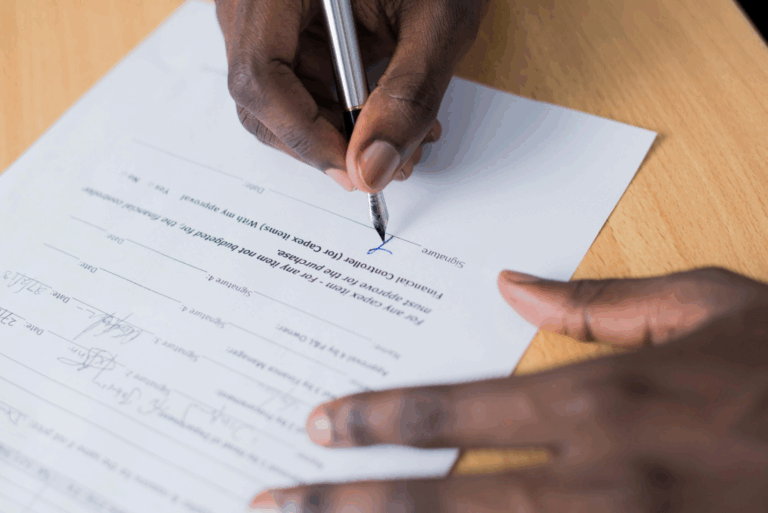Divorce is never just emotional—it’s financial too. And one of the most stressful parts is splitting what you and your spouse own. In the U.S., asset division after divorce is often a major source of conflict. The process becomes even more confusing when people don’t know what counts as marital property and what doesn’t. Dividing assets in divorce fairly requires a clear understanding of what belongs to whom.
If you’re feeling overwhelmed, you’re not alone. Many people worry about keeping their homes, retirement savings, or business. Mistakes or assumptions during this phase can cost you. That’s why it’s important to know the difference between marital and separate property, how it affects what you walk away with, and how help from an expert property division lawyer matters.
Let’s break it down in clear terms.
What Is Marital Property?
Marital property includes most assets acquired during the marriage. It doesn’t matter whose name is on the title or who paid for it. If it was bought, earned, or contributed to while you were married, it’s likely marital property.

Examples include:
- Income earned during the marriage
- Real estate purchased during the marriage
- Retirement accounts contributed to after-marriage
- Vehicles, furniture, and household goods bought during the marriage
In Texas, marital property is subject to community property laws. This means both spouses are generally considered equal owners, and the court will divide the assets fairly. Fair doesn’t always mean 50/50—it depends on the circumstances.
What Is Separate Property?
Separate property belongs only to one spouse. It’s not up for division—unless it gets mixed in with marital assets.
Examples of separate properties:
- Property owned before the marriage
- Gifts or inheritances given to one spouse
- Settlements from personal injury cases (excluding lost wages)
- Certain business interests, if kept separate
To keep separate property protected, you must prove it with clear evidence. That might mean showing records, dates of purchase, or bank statements. Without proof, the court may treat it as marital property.
Common Mistakes in Asset Division
Mistakes during asset division can lead to unfair outcomes. Here are some you should avoid:
1. Not Knowing What Counts as Marital Property
People often assume that if an asset is in their name, it belongs only to them. That’s not true. In most cases, if it was acquired during the marriage, both spouses have a claim.

2. Mixing Separate and Marital Property
This is called “commingling.” For example, if you use inheritance money to renovate the family home, that inheritance may now be part of the marital estate. Once separate and marital property mix, it can be hard to separate them again.
3. Ignoring Debts
Just like assets, debts must be divided. If a credit card was used during the marriage, even if it’s in one person’s name, it may still be shared. Don’t forget about loans, mortgages, or business debt.
4. Overlooking Retirement Accounts
Retirement savings are often a couple’s largest asset. Many people forget that contributions made during the marriage belong to both spouses. A divorce attorney can help you get a fair share through a QDRO (Qualified Domestic Relations Order).
5. Rushing the Process
Some people just want it over with. However, rushing can lead to giving up too much. You need time to identify, value, and divide assets properly. A property division lawyer can help protect your interests.
Why Legal Help Matters
Dividing assets in divorce isn’t just about who gets what. It’s about protecting your future. A divorce attorney can help you:
- Identify all marital and separate property
- Gather the documentation needed to support your claims
- Negotiate or argue for a fair division
- Avoid mistakes that could cost you long-term
Property division lawyers understand how Texas laws apply to your situation. They can catch things you might miss and ensure nothing important slips through the cracks.

Get Legal Help from Property Division Lawyers
At Daniel Ogbeide Law, we help Texans protect what matters. Our property division lawyers in Galveston County work hard to make sure you don’t walk away with less than you deserve. If you’re thinking about divorce or in the middle of one, consult us.
We’ll stand by your side every step of the way, serving families across Texas. Contact us today to schedule a confidential consultation.




















